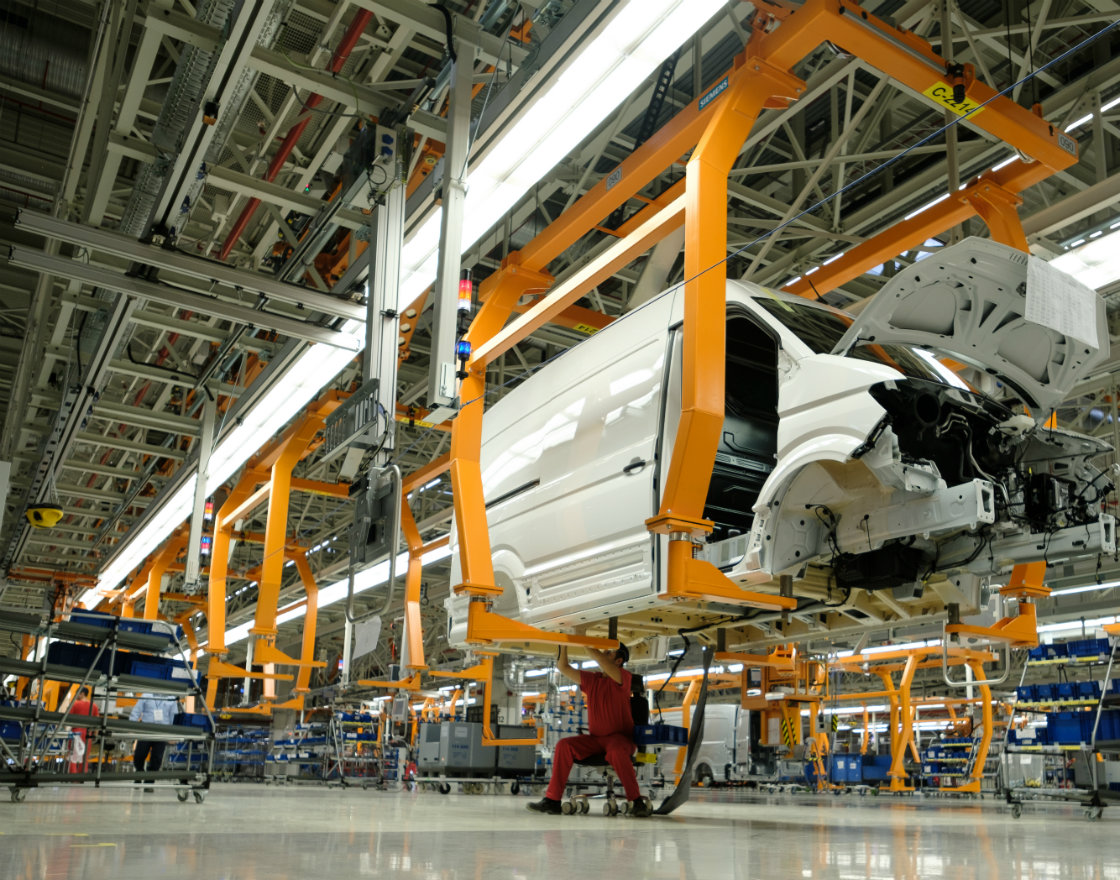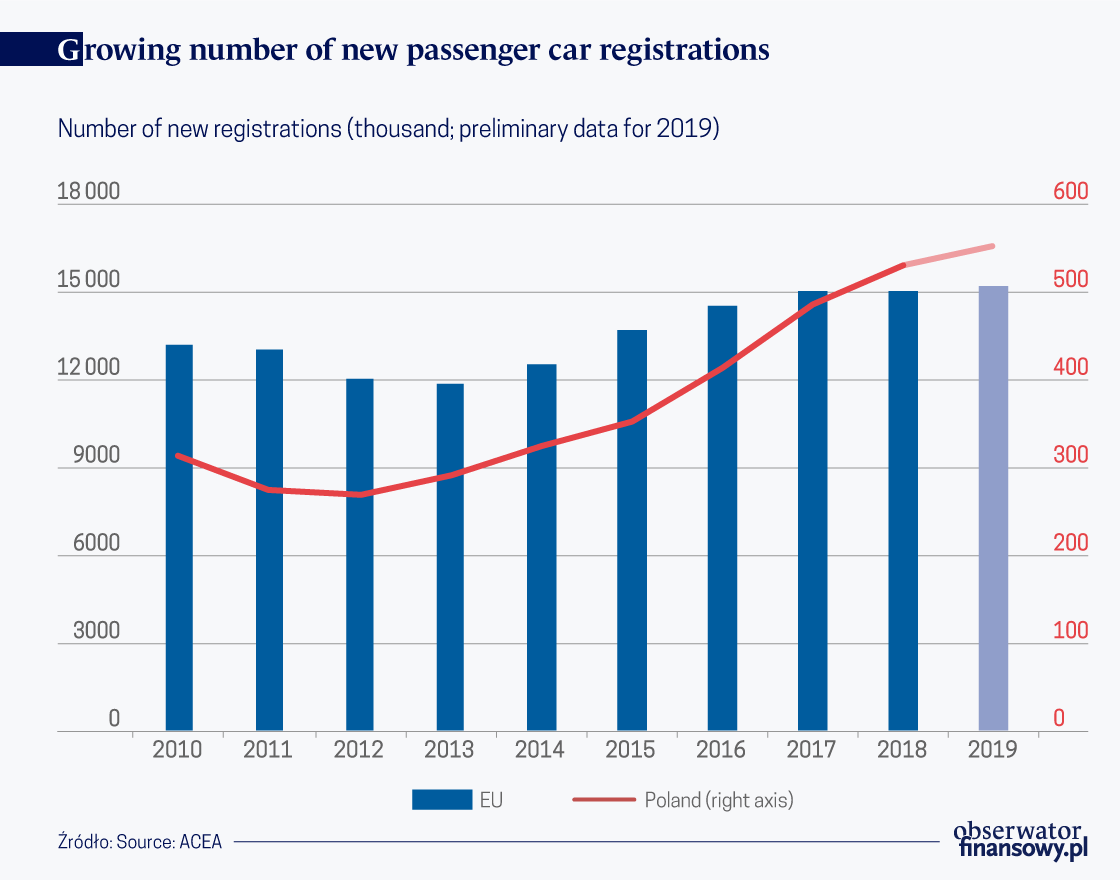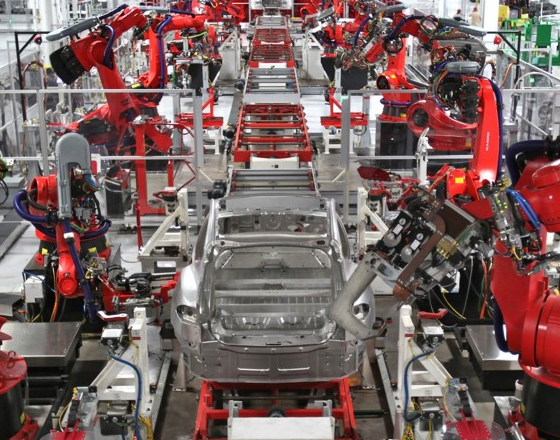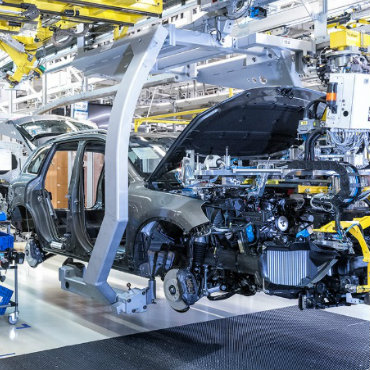
It could be expected that the economic crisis caused by the pandemic and the drop in oil prices will negatively affect the market of electric vehicles. However, it seems that this will not be the case. Electric vehicles are more...

Europe’s automotive industry has experienced a severe downturn since the onset of the COVID-19 epidemic. From a short-term perspective, the key to recovery in Germany and CEE will be the pickup in sales in the largest markets,...

2020 will be another difficult year for the European automotive industry. Not only because of the coronavirus but also concerns about whether customers will start buying electric cars from the beginning of 2020.

The COVID-19 epidemic has mercilessly exposed the weaknesses in the supply chains of many large enterprises. However, in recent years there have been other cases that should have prompted the companies to change.

Polish Tier 1 and Tier 2 suppliers of automotive parts are experiencing a slowdown in German exports. On the other hand, sales of components to other countries are increasing. In 2019, German automotive sector production...

Beijing-based Global Times and some Western media have called the coronavirus a "black swan" — a completely unexpected phenomenon that will cause great damage to the Chinese and world economy. If the epidemic spread around the...

In December 2019, Slovakia posted lowest GDP growth increase since 2013. The central European country has been affected by decreasing foreign demand. With the global slowdown of the automotive sector, experts warn of overreliance...

People across the world are slowly but surely swapping their car keys for a phone app. Although European cities are lagging behind their Russian and Asian competitors in terms of car sharing fleet size, the service is on the rise...

The number of new electric cars sold in Europe should start growing over the next two years. This growth will be promoted by an increase in the number of EV models available on the market.

Germany sank into a technical recession in the Q2’19, its GDP fell 0.1 per cent. It worries most of the Western Balkan countries, as they depend on German economy.